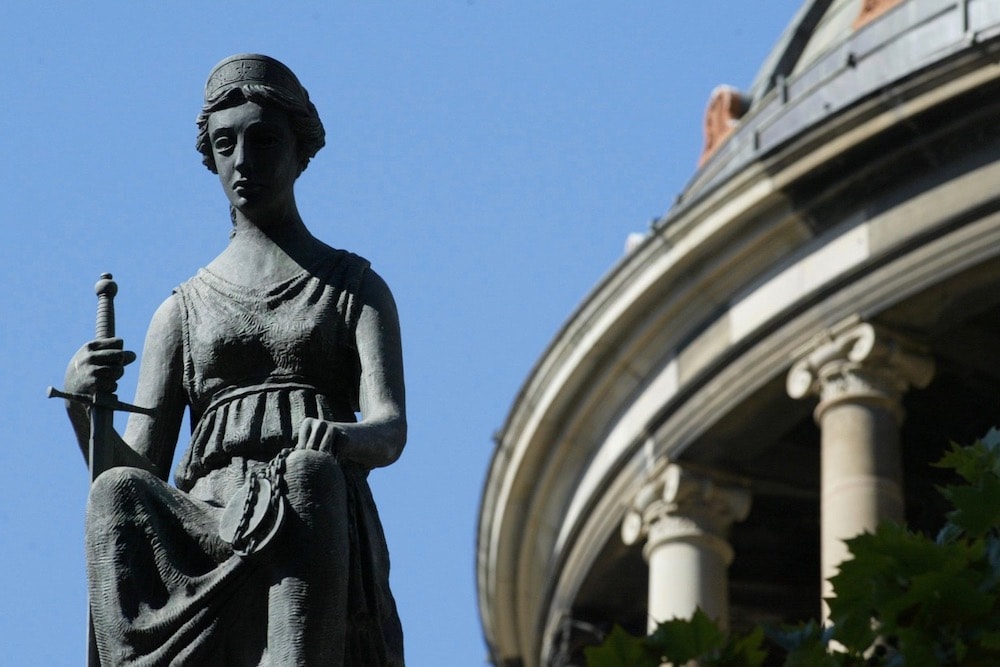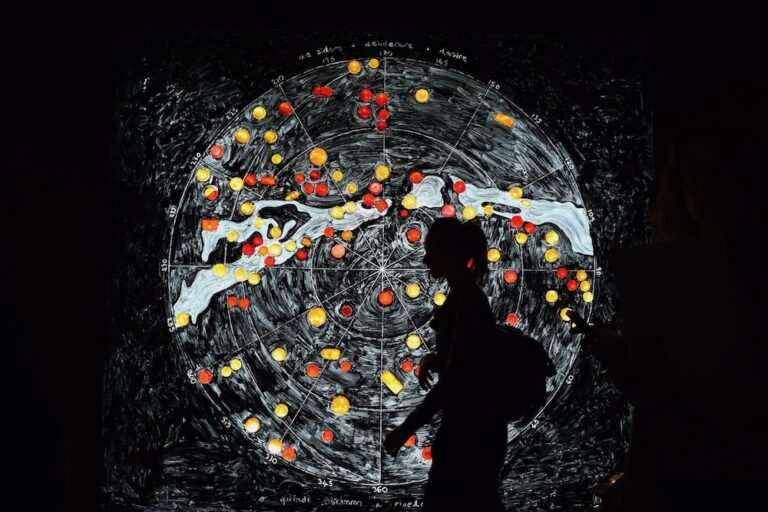MEAA urges the Australian government to implement a backlog of reforms related to national security laws, freedom of information, and defamation.
This statement was originally published on meaa.org on 3 May 2023.
Australia’s standing as a world leader for press freedom is in further danger of being eroded without major changes to support public interest journalism, says the union for Australian media workers.
On World Press Freedom Day 2023, the Media, Entertainment & Arts Alliance is renewing calls for reforms so that journalists can confidently play their role to support democracy by ensuring the public knows what is done in their name by governments and their institutions.
MEAA urges the Albanese Government to implement a backlog of reforms including to national security laws, freedom of information, and defamation.
MEAA Media Federal President Karen Percy said that in recent years Australia had slid down the ranks for press freedom to just 39th place in 2022, according to Reporters Sans Frontières. Five years ago, it was 19th.
“In Australia, we like to think of ourselves as progressive and world leaders when it comes to democracy, with a free media playing an important role in ensuring our democracy functions effectively,” she said.
“But over the years, little by little, law by law, regulation by regulation, amendment by amendment, journalists and media outlets – and more importantly the public’s right to know – have been squeezed in the name of national security.
“Today, World Press Freedom Day, is an opportunity to take stock and have a hard look at what needs to change to deliver on the promise of democracy.”
Ms Percy said the tightening of national security laws over a number of years had placed a veil of secrecy over much of the functioning of government, putting journalists in danger of a prison term just for being in possession of classified documents without even having published or broadcast a story based on them.
She said whistleblowers needed to be protected, not prosecuted, and freedom of information processes urgently needed reform.
“Another area that needs urgent change is our defamation laws which favour the rich, and are designed to muzzle brave reporting,” she said.
“Too many important stories never see the light of day because of the chilling effect these outdated laws have on journalism.”
It is an especially difficult environment for the growing community of freelance journalists, as well as smaller outlets and regional media organisations, which lack the resources to be able to challenge the confusing legal obstacles.
MEAA is also concerned at possible changes to the Privacy Act, which might inhibit press freedom.
Press freedom in Australia is also under attack on other fronts, including the impunity with which journalists are harassed and threatened physically and online.
Ever dwindling media workforces and the emergence of “news deserts” in regional and rural Australia are also barriers to the public’s right to know.
Ms Percy said a recent meeting hosted by Attorney-General Mark Dreyfus and attended by representatives of Australia’s major media organisations, including MEAA, had been encouraging, but the government was yet to enact any real reforms.
On World Press Freedom Day, she also urged the government to increase its advocacy for the release from overseas prisons of Australian journalists Julian Assange and Cheng Lei.



